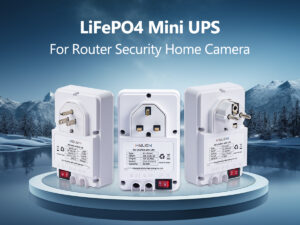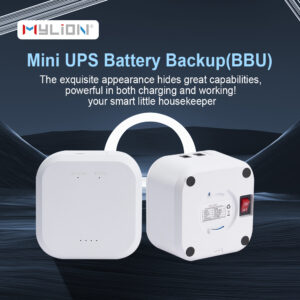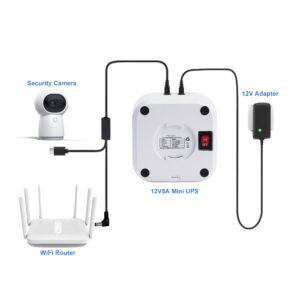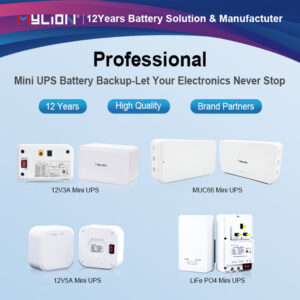The advent of wearable technology has revolutionized the way we interact with digital devices, leading to a surge in demand for compact, high-performance power sources. LiPo batteries (lithium polymer batteries) have become one of the key enablers of wearable technology, providing the power needed to sustain devices such as smart watches, fitness trackers, and smart glasses. This article explores how LiPo batteries have contributed to the advancement of wearable devices, focusing on their ability to enhance device performance, extend battery life, and support the development of smaller, lighter, and more efficient products.
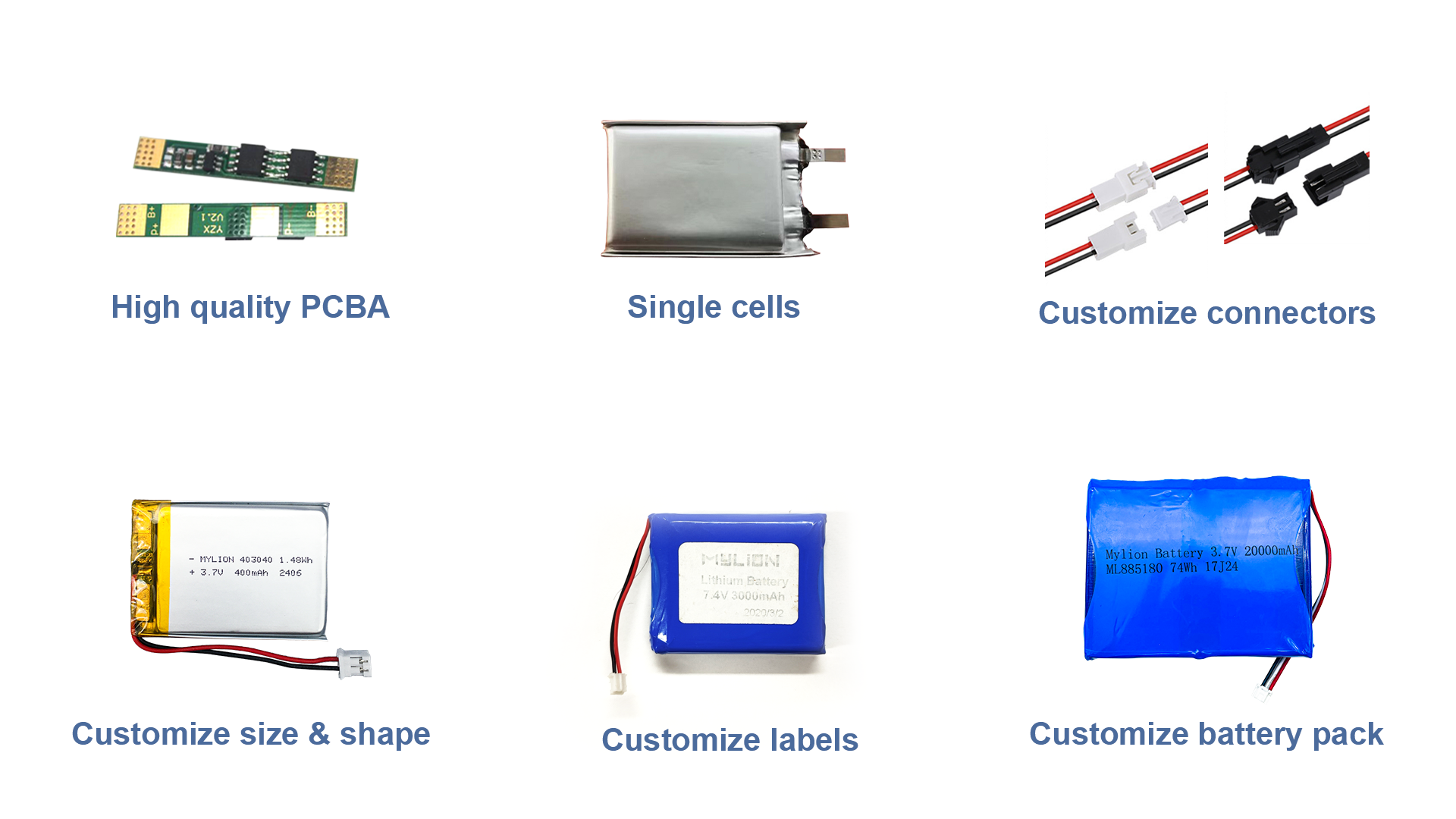
1.The rise of wearable technology
Wearable devices have evolved dramatically over the past decade, from basic fitness trackers to highly sophisticated smartwatches and even augmented reality (AR) glasses. These devices are now capable of performing a variety of tasks, from tracking physical activity to monitoring heart rate and even making calls or sending messages. However, the increasing complexity and functionality of wearable devices has brought a major challenge – power consumption.
As wearable technology becomes more and more feature-rich, ensuring battery performance lasts has become a top priority for manufacturers. Unlike larger electronic devices, wearable devices must balance the need for advanced functionality with compact design. This is where lithium polymer batteries come in, providing the necessary energy density, lightweight design and efficient charging capabilities to support these innovations.
2.Advantages of Lithium Polymer Batteries in Wearable Devices
High Energy Density in Compact Form
One of the biggest challenges in designing wearable devices is minimizing their size without sacrificing performance. Lithium polymer batteries are particularly advantageous because they have a high energy density, which means they can store a lot of power in a relatively small and lightweight package. This allows manufacturers to integrate powerful batteries into small devices such as smartwatches and fitness trackers without compromising comfort or aesthetics.
For example, a typical lithium battery used in a smartwatch may be less than 1 mm thick, but it can provide the power needed for all-day use. This compactness ensures that wearable devices remain comfortable and practical without becoming too bulky or cumbersome.
Lightweight and flexible design
Wearable devices need to be lightweight and unobtrusive because they are designed to be worn on the body for long periods of time. Lithium polymer batteries are much lighter than older battery technologies such as nickel-cadmium (NiCd) or nickel-metal hydride (NiMH) batteries, making them ideal for wearable devices. In addition, lithium polymer batteries have a flexible design and can be molded into a variety of shapes to fit the unique contours of wearable devices, which gives manufacturers greater freedom in terms of form factor.
This flexibility also contributes to the growing trend of flexible electronics. Devices such as smart rings, fitness bands, and even smart clothing can use LiPo batteries, allowing them to conform to the shape of the body for increased comfort and wearability.
Long cycle life
Wearable devices are used daily, and their batteries need to support long-term normal use. Compared with traditional battery technologies, LiPo batteries have significantly longer cycle life. While other types of batteries may begin to degrade after a few hundred charge cycles, LiPo batteries can last for years, providing consistent performance and retaining a high percentage of original capacity even after multiple charge cycles.
Extended cycle life reduces the frequency of battery replacement, which is important for consumer satisfaction and sustainability. For example, LiPo batteries in smartwatches typically last 500 to 1,000 charge cycles, allowing users to enjoy their devices without worrying about battery degradation.
Fast charging capability
In the fast-paced wearable technology world, users expect fast charging. The ability to charge a device in a short period of time is a key factor affecting the user experience, especially for devices such as fitness trackers and smartwatches that are used frequently throughout the day. Lithium polymer batteries are known for their ability to charge quickly compared to other battery types, reducing downtime in wearable devices.
For example, lithium polymer batteries in smartwatches can typically charge to 80% in an hour, giving users a significant boost of power in a short period of time. This is especially important for wearable devices that need to be charged continuously overnight and used again the next day.
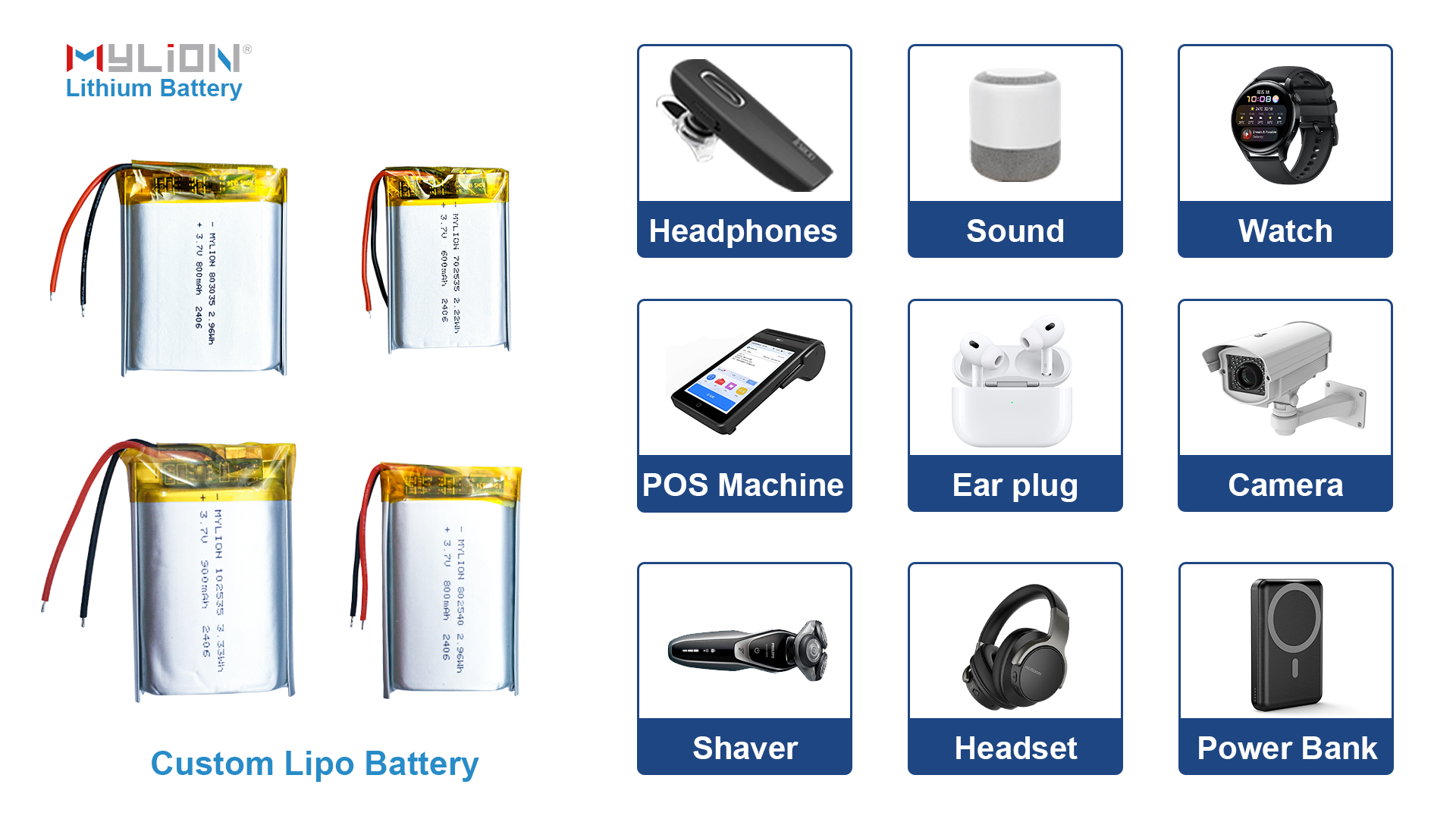
3.Impact of Li-polymer Batteries on Wearable Device Performance
Enhanced Device Functionality
Li-polymer batteries are able to deliver higher power in a compact form factor, enabling wearable devices to perform more complex tasks. For example, smartwatches are now able to run apps, track fitness data, and even provide power-hungry features such as GPS navigation. The efficiency of LiPo batteries ensures that these devices can perform such tasks without quickly draining the battery.
Similarly, advanced wearable devices such as smart glasses, which may include high-definition displays, augmented reality features, and sensors, also benefit from Li-polymer batteries. These devices require a reliable and stable power source to operate, and Li-polymer batteries meet this requirement, allowing manufacturers to integrate a variety of features into a single device without compromising performance.
Extended Battery Life
One of the main selling points of modern wearable devices is the ability to operate for long periods of time on a single charge. This is especially important for devices such as fitness trackers that need to operate continuously for days without recharging. Li-polymer batteries help extend the battery life of wearable devices due to their high energy density and long cycle life.
For example, many fitness trackers use lithium polymer batteries, which can last for days even with continuous heart rate monitoring and step tracking. This is a major improvement over early fitness trackers that required daily charging.
Enabling health monitoring features
Wearable devices, especially those designed for health and wellness, require continuous monitoring sensors to track vital statistics such as heart rate, blood oxygen levels, and even sleep patterns. These sensors require power to operate continuously, and lithium polymer batteries are able to provide the consistent and reliable energy required to support these functions without affecting device performance.
For example, a smartwatch equipped with a lithium polymer battery can continuously monitor the user’s heart rate, track their activities, and provide real-time notifications without draining the battery in just a few hours. The long-lasting power provided by lithium polymer batteries enables wearable devices to track more data over a longer period of time, thereby increasing their effectiveness as health tools.
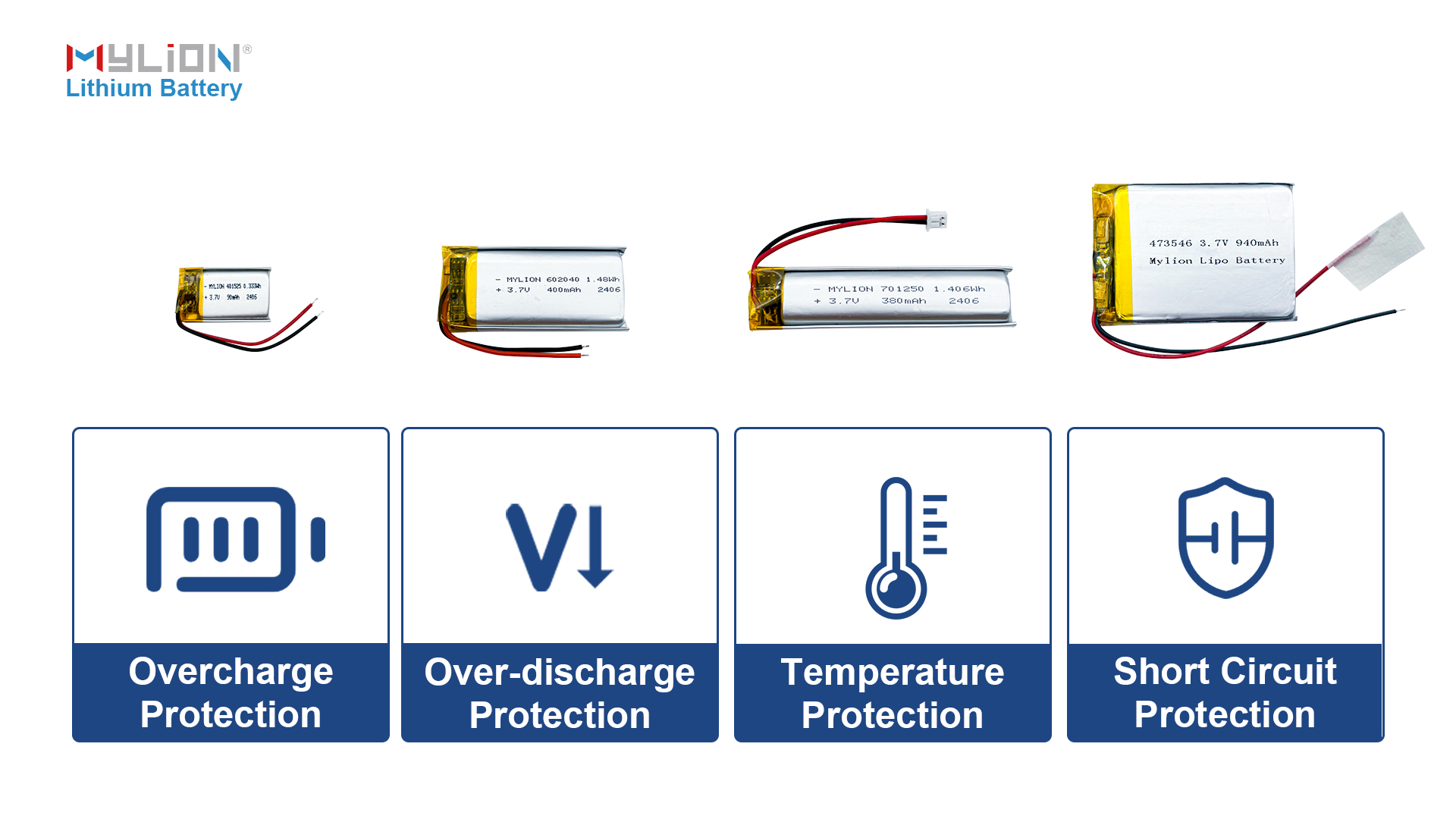
Conclusion
In summary, LiPo batteries have had a revolutionary impact on the wearable technology industry, making devices smaller, lighter, and more powerful while enhancing their functionality and performance. LiPo batteries’ high energy density, lightweight design, long cycle life, and fast charging capabilities make them an ideal power source for a wide range of wearable devices, from fitness trackers to smart glasses. As wearable technology continues to evolve, LiPo batteries will continue to be at the forefront of driving these innovations, supporting the development of more sophisticated, efficient, and user-friendly devices.


